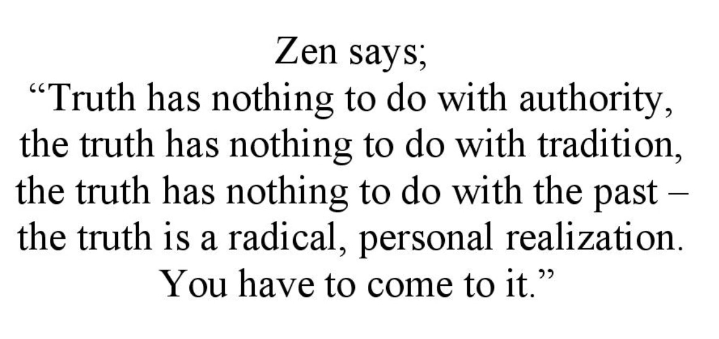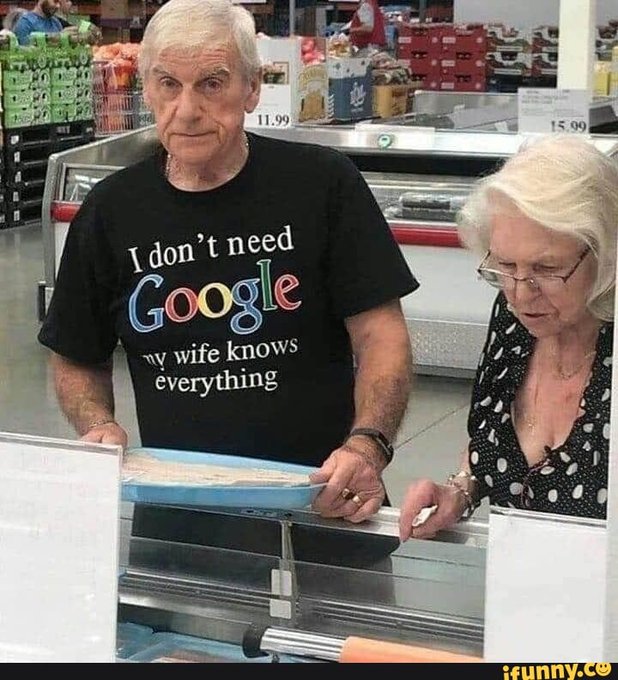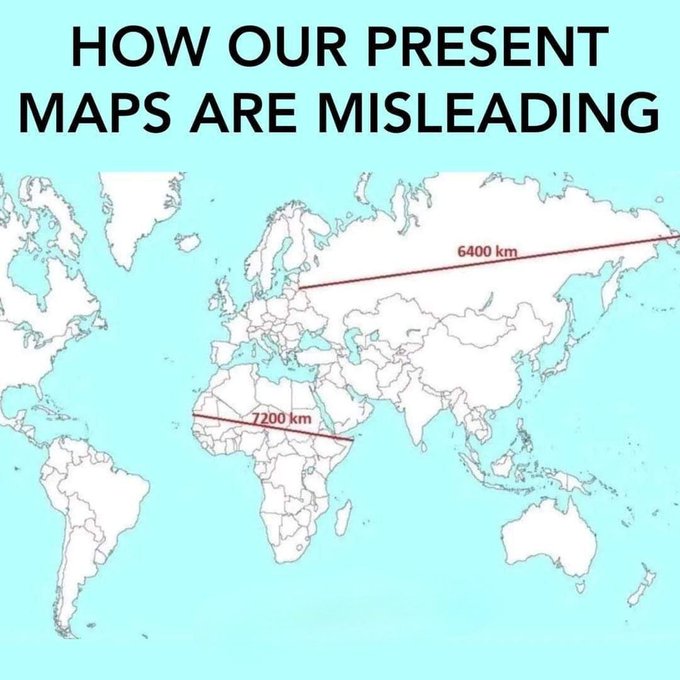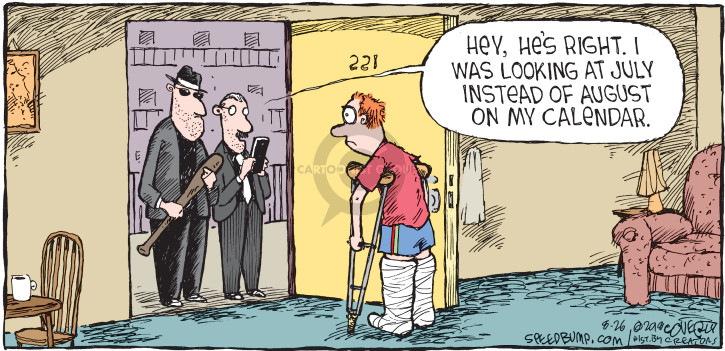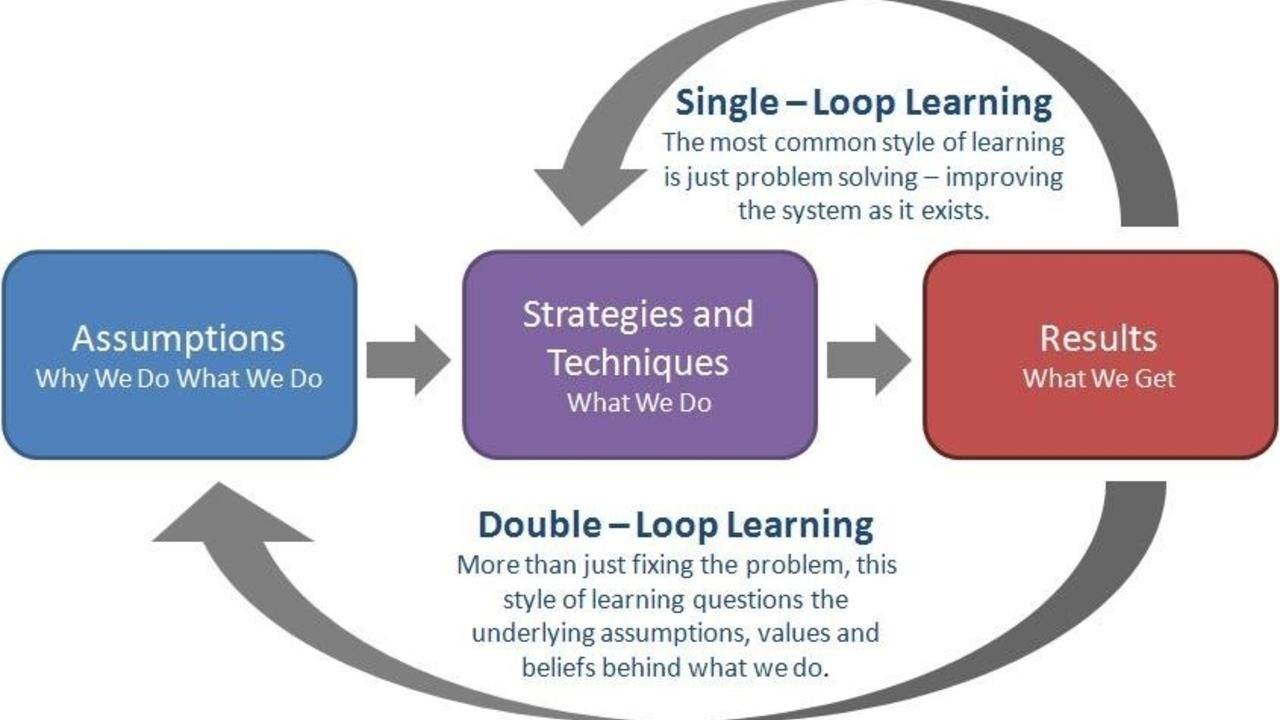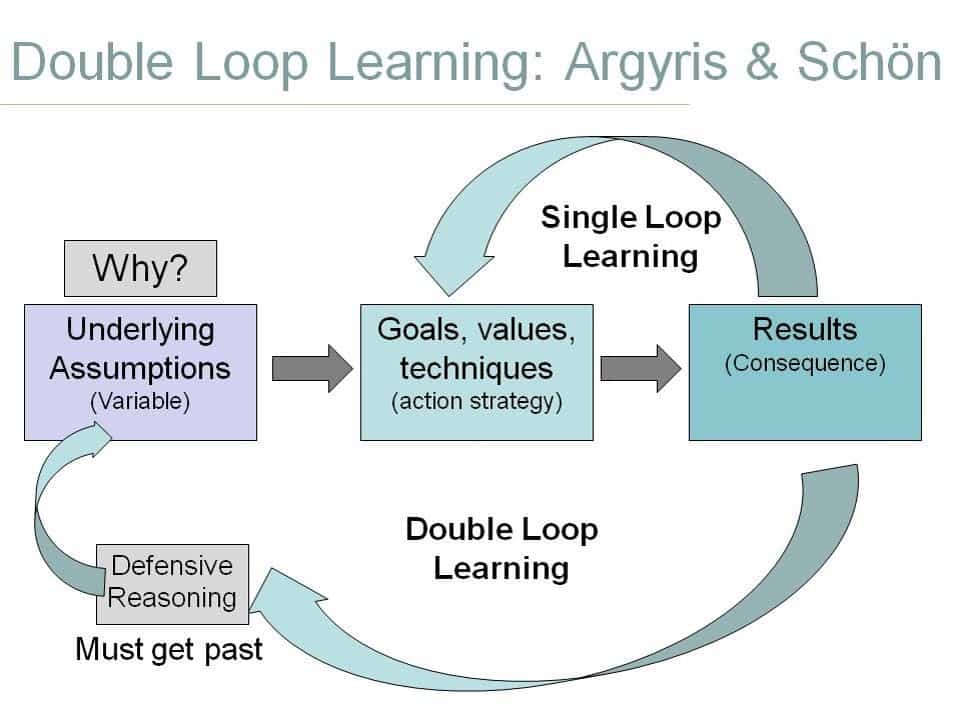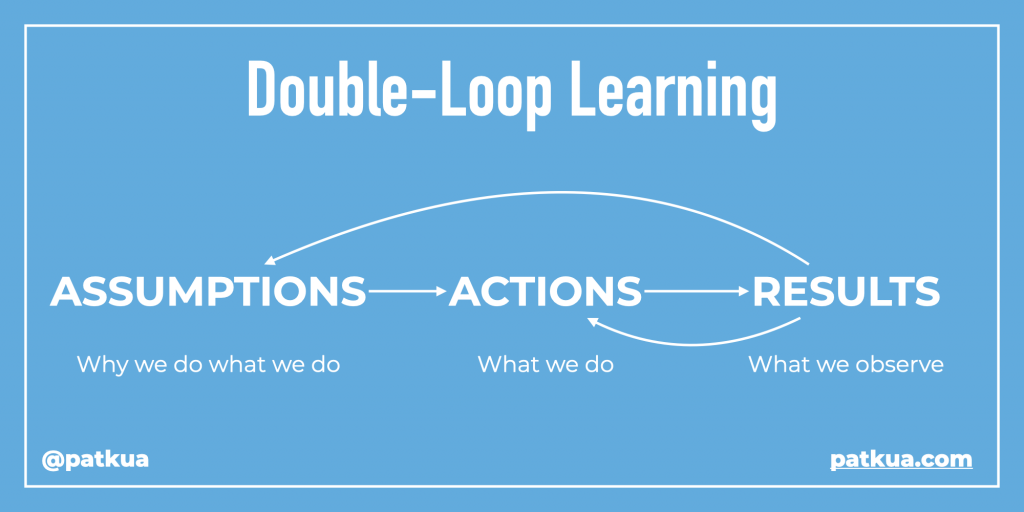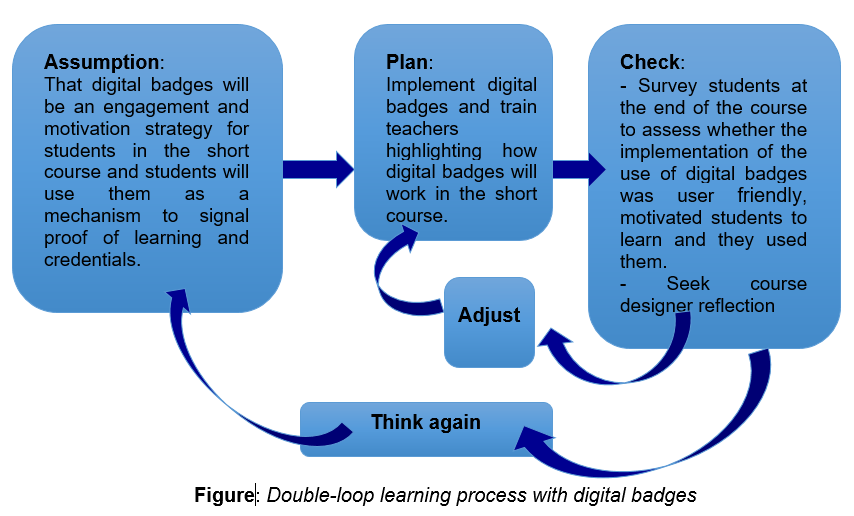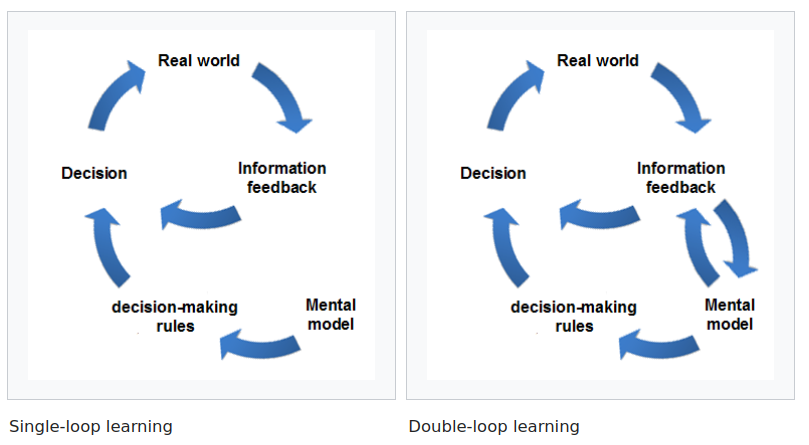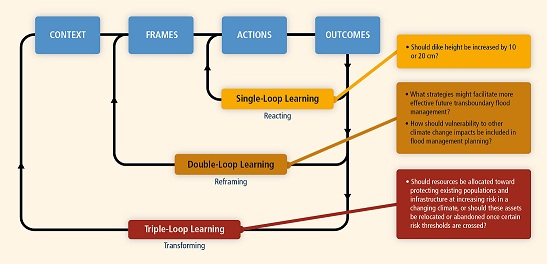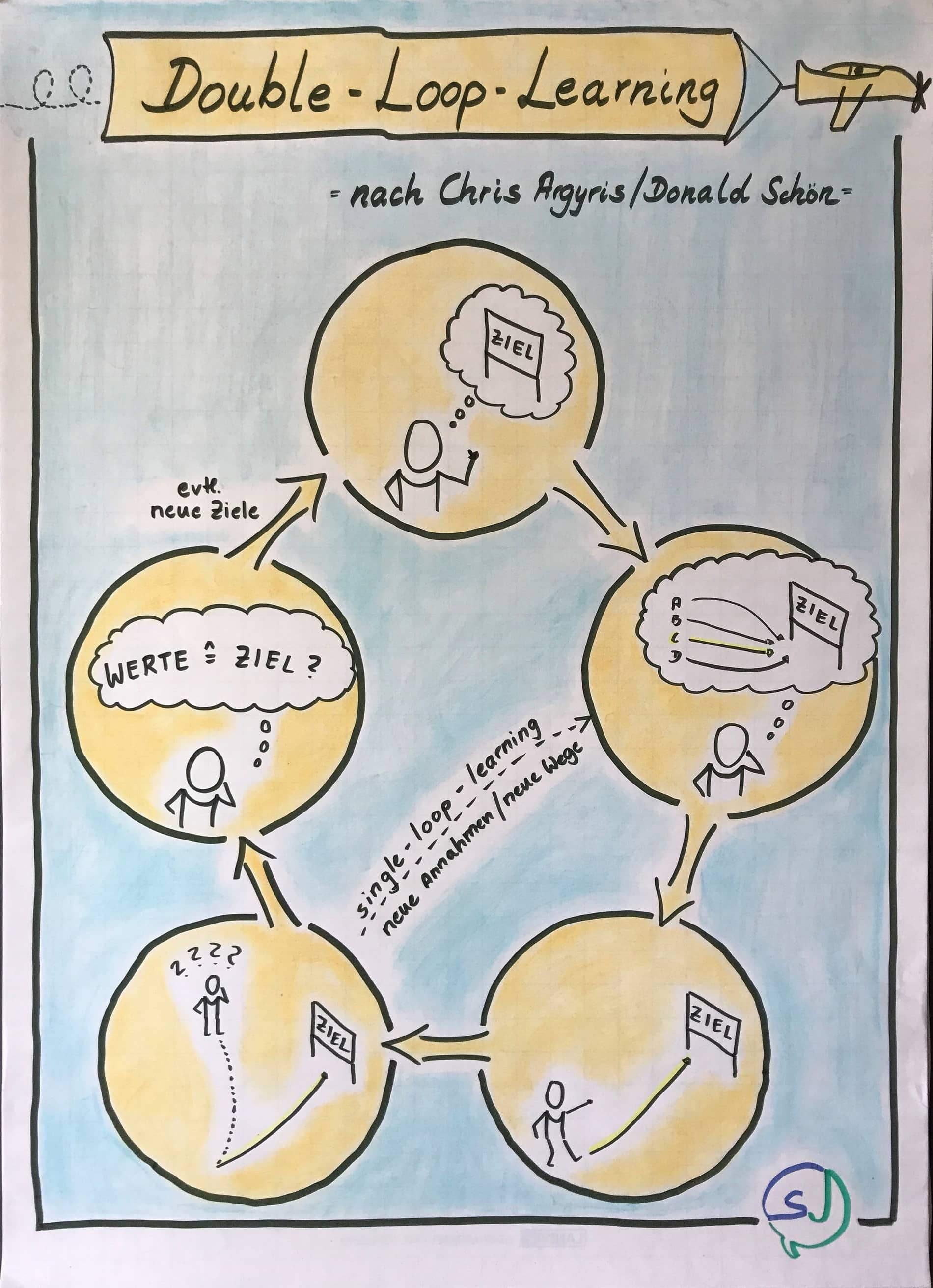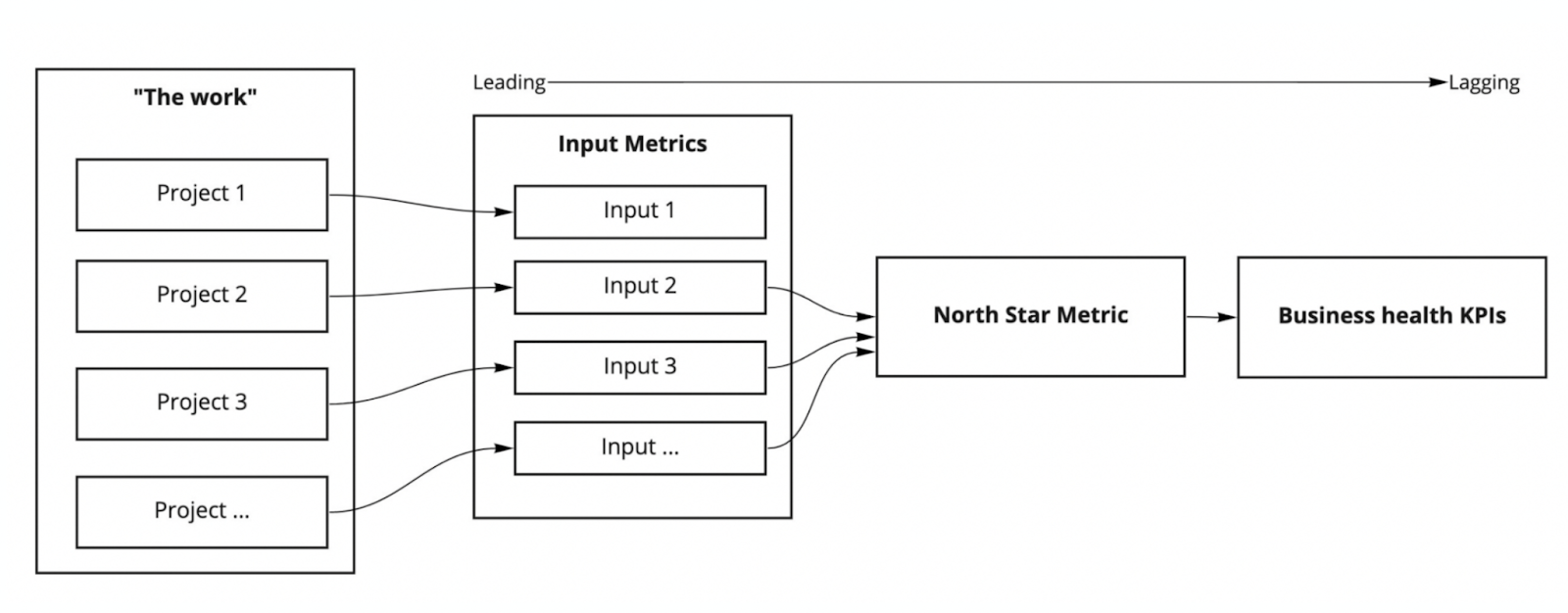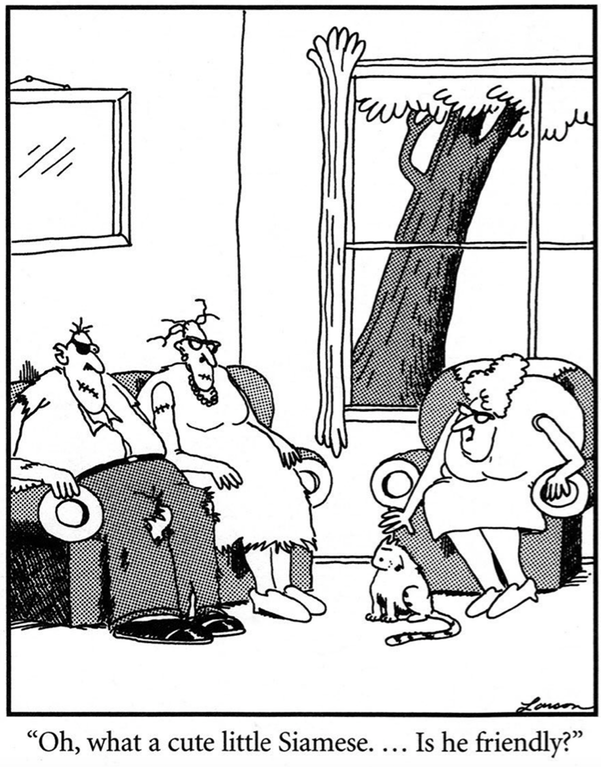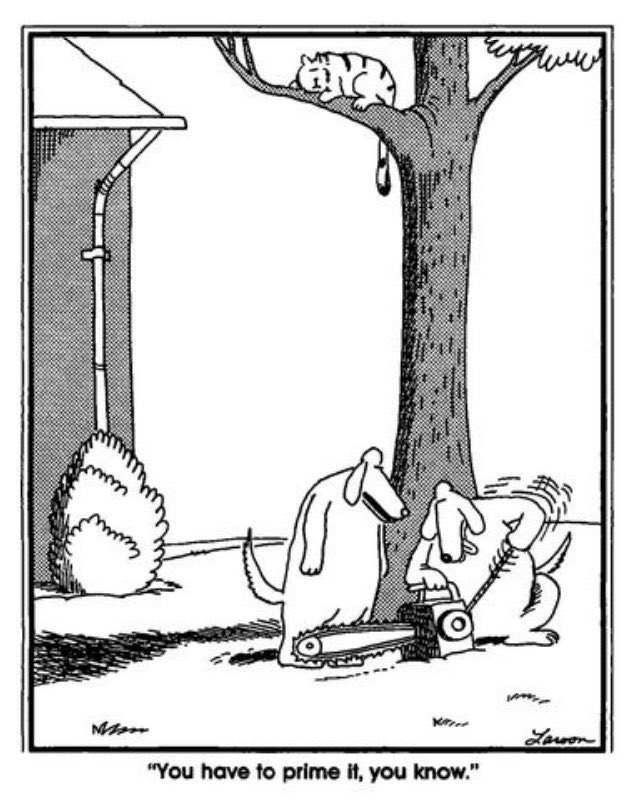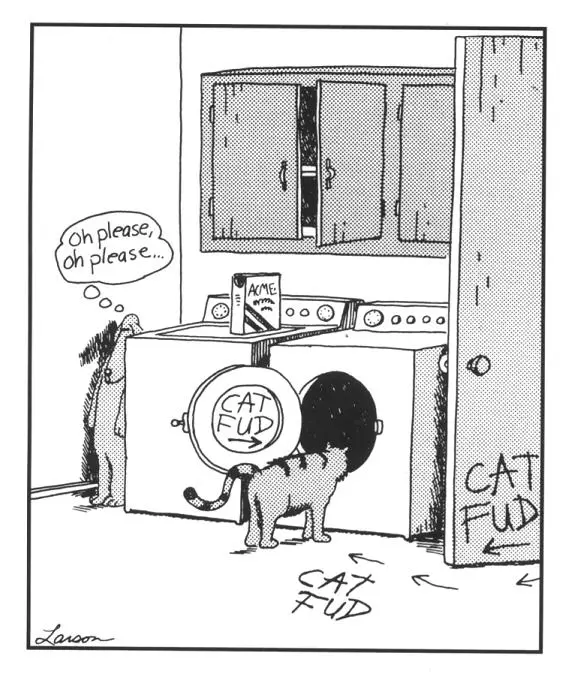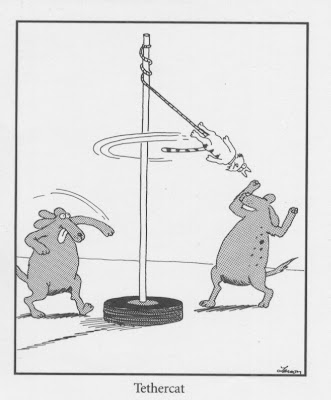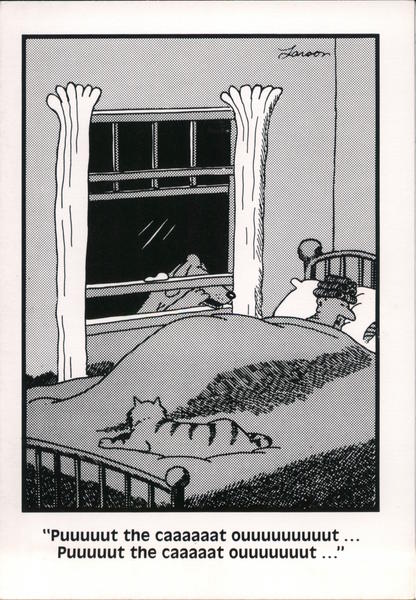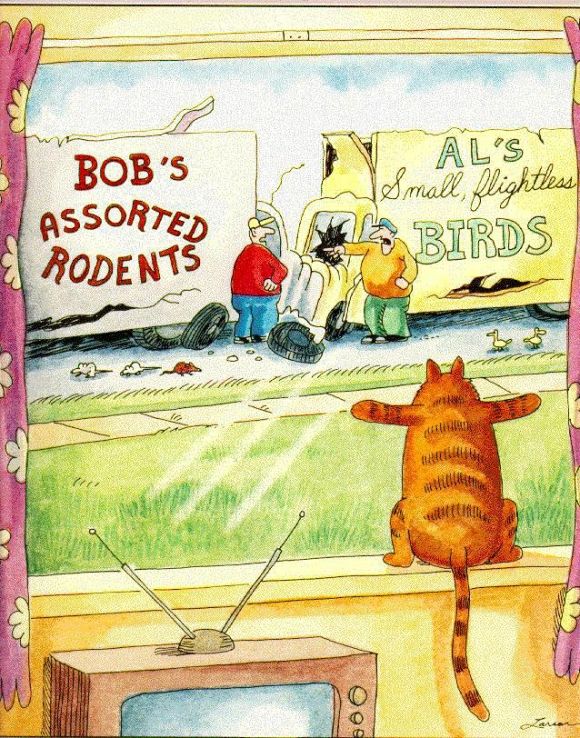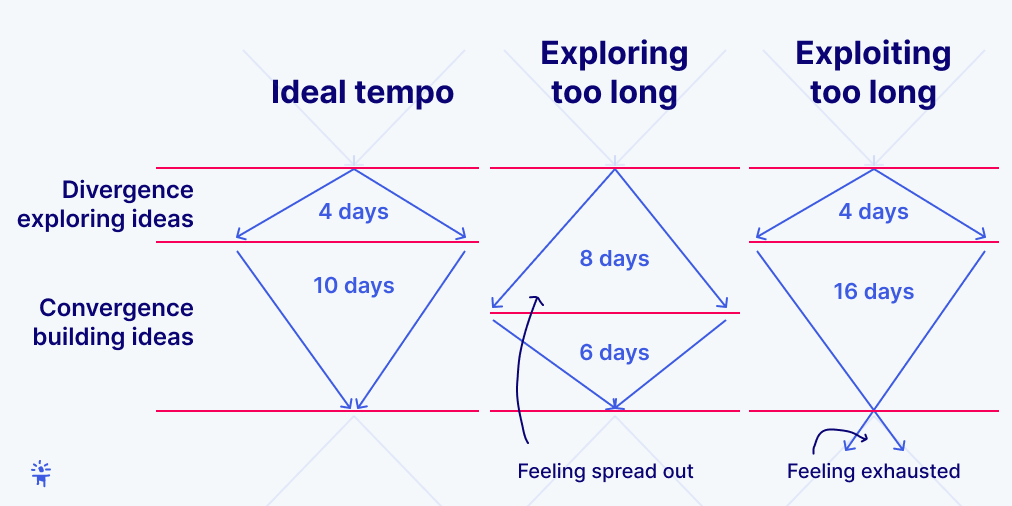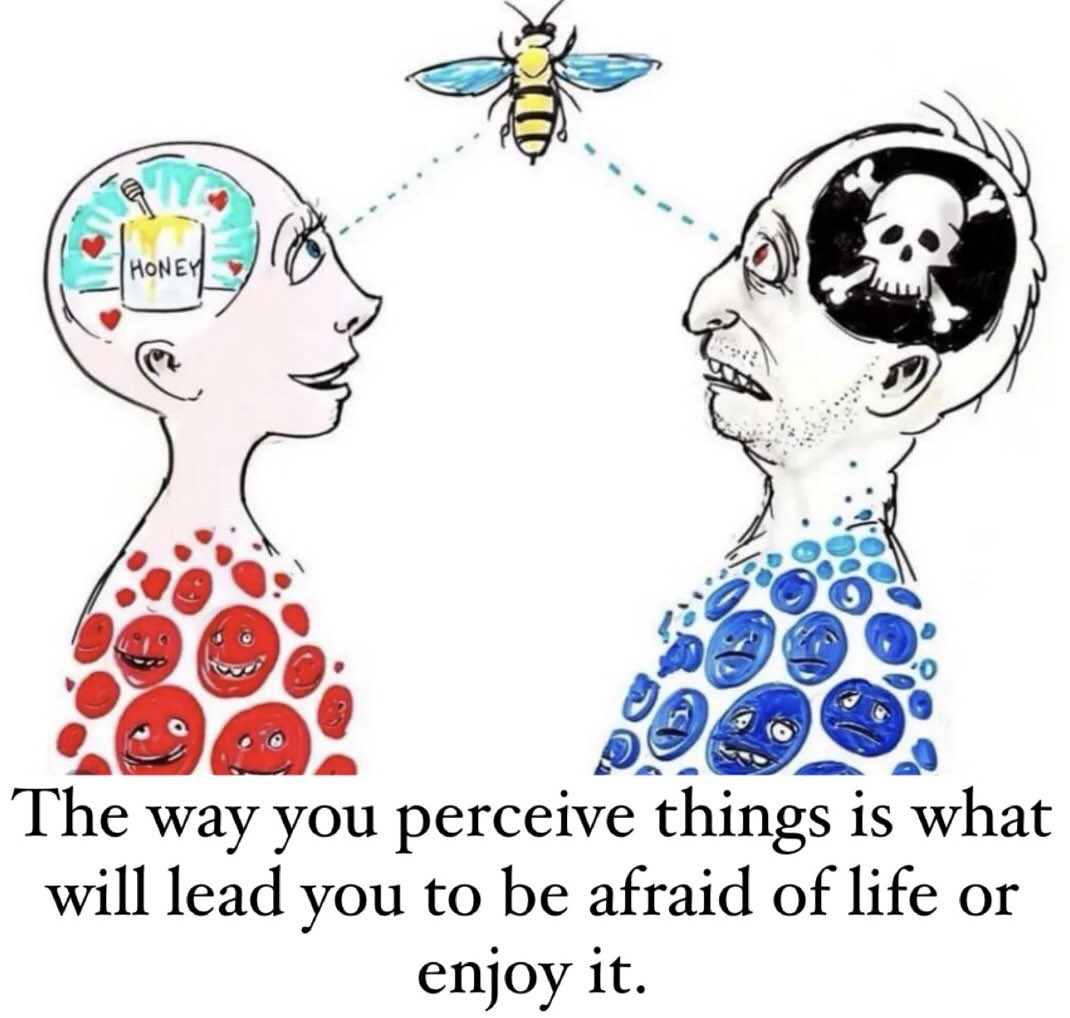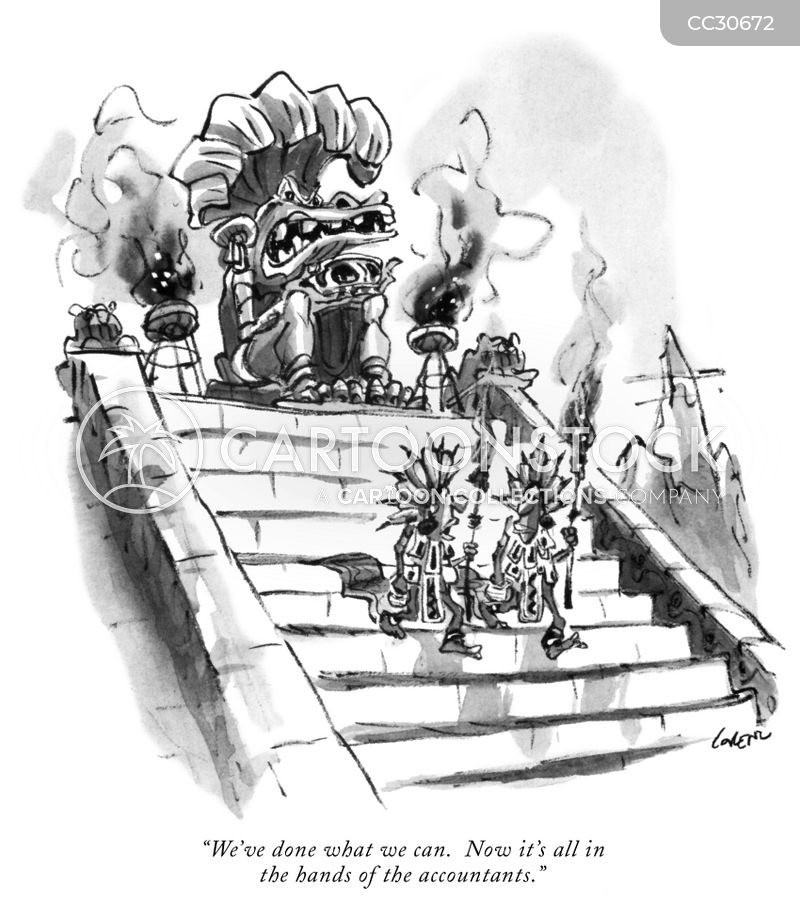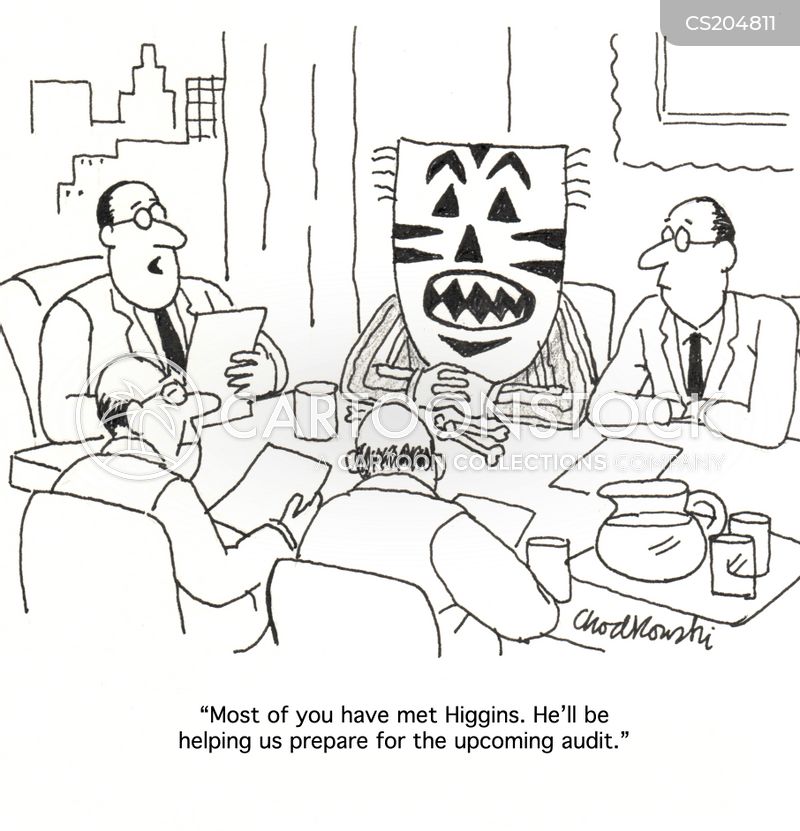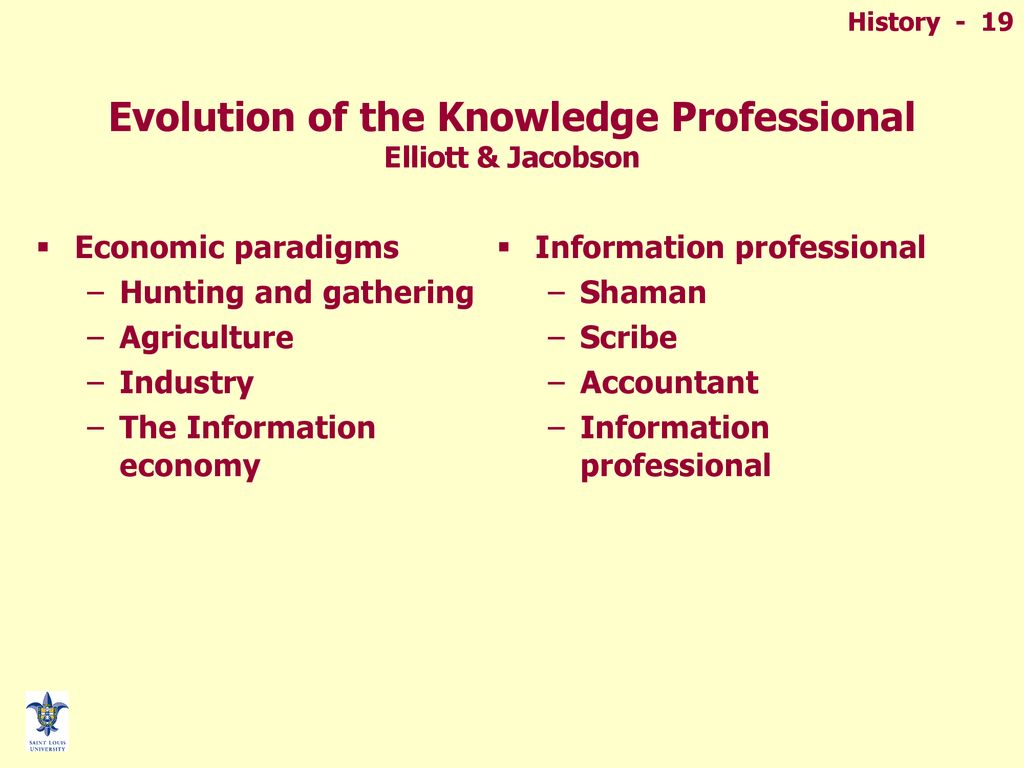tag > KM
-
Diagram by @MrAlanCooper - The assumption is that it's better for a design to reflect the user's mental model more so than the underlying tech.
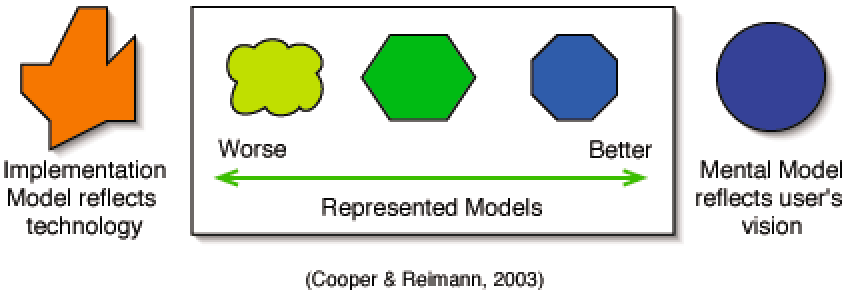
-
I generate
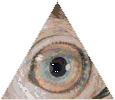
If one assumes that "the nature of knowledge is fractal: The closer you get, the more you'll find", it is no surprise that anything one sufficiently becomes aware of (thinks, feels), serendipitously appears more and more all around us: Think of that unique idea or desire you've been privately developing for weeks, when suddenly you discover that countless fully fleshed out manifestations of it already exist in the world. Confirmation bias? I have my doubts. In a reality with no real boundary between individuals and past-present-future, where everything is generated at the speed of awareness, a central question is what is worth while doing at all. Faced with an infinite ocean of possibilities, shifting from "doing" to "being" is a useful strategy to prevent succumbing to nihilism and insanity. Simply focus on relaxing, the rest will take care of it self.
-
"Ignorance more frequently begets confidence than does knowledge: it is those who know little, and not those who know much, who so positively assert that this or that problem will never be solved by science." - Charles Darwin
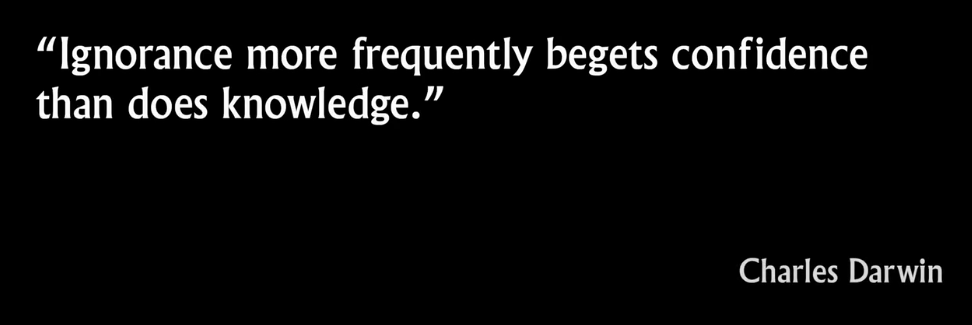
-
Attempting to count the individual water drops in a river is a pointless, masochistic & insane activity. And yet, this is essentially what many fields of science & other forms of knowledge management are doing.

-
"No one is going to give you the education you need to overthrow them." - Assata Shakur
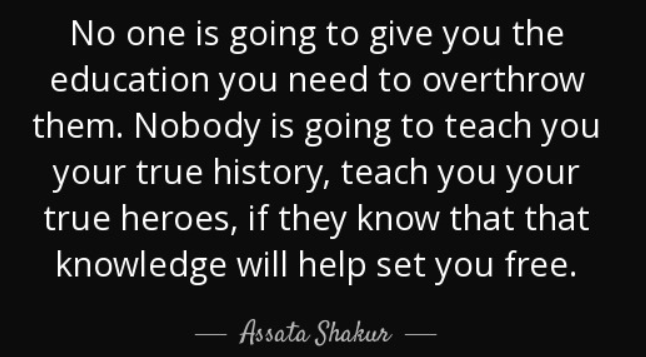
"Reality Is What You Can Get Away With" - Robert Anton Wilson
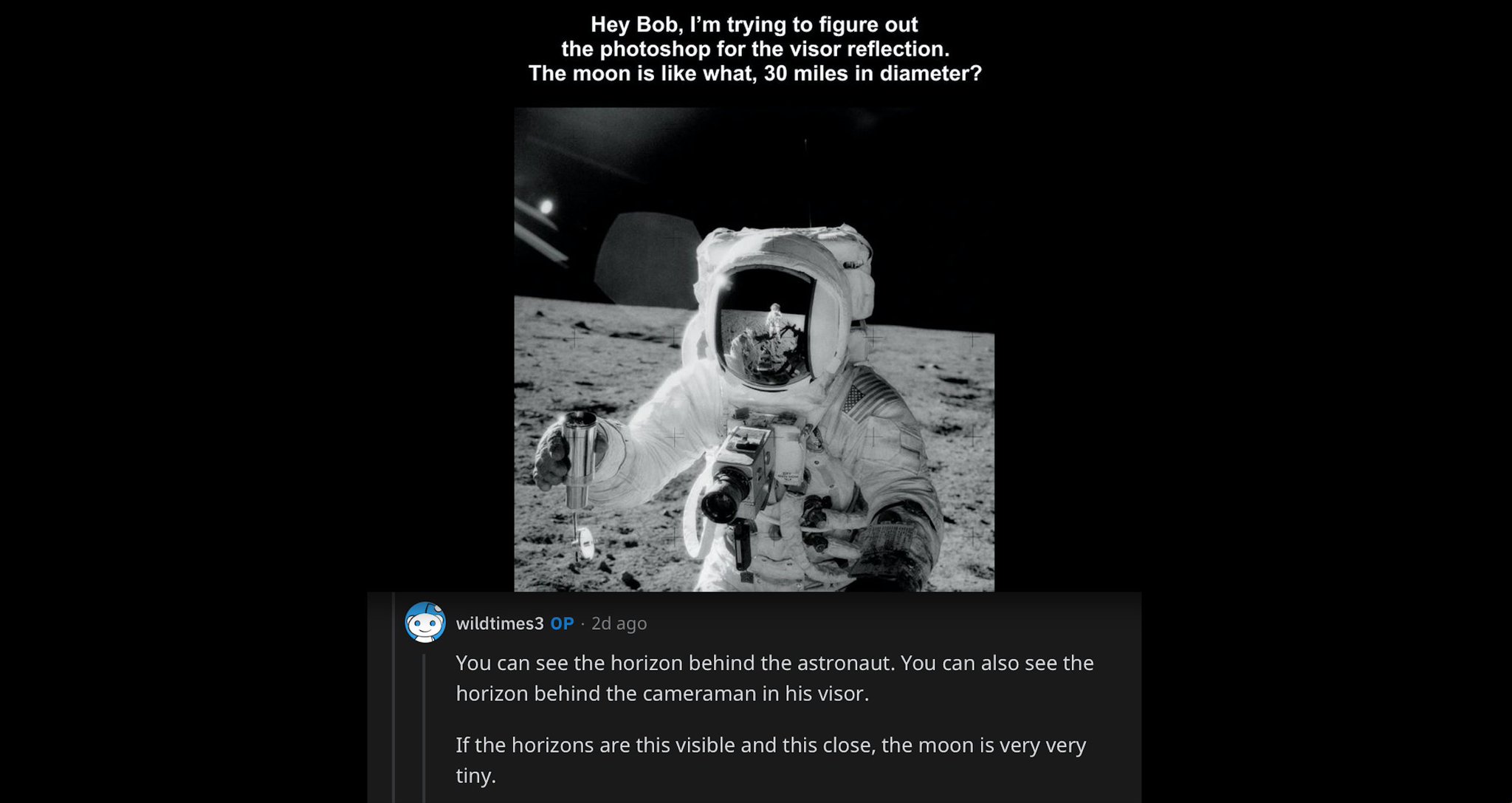
#Politics #Education #History #KM #fnord #Cryptocracy #Space
-
A principled way to solve problems: Constantly ask yourself what you are trying to do.
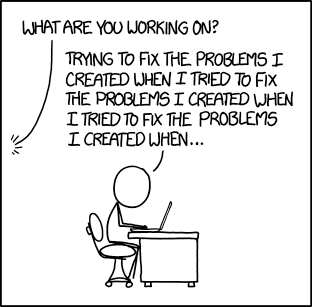
- Ask yourself what’s the problem you’re trying to solve
- Be sure that you understand it deeply, and that you at least have an idea of how would you know that the problem is solved.
- Propose a course of action
- Remind yourself: what I was trying to do?
- Ask the question: does doing this solve my problem?
- Doing this should transform your problem into your imaginary solved problem (that’s why it’s important to have an idea of how does the solved problem looks like)
- Do I need to do this? All actions should be needed for solving the problem. Any action that is not obviously needed, should be discarded
-
When starting a new project, focus on solving PURE problems:
- P → Painful which makes the solution more valuable
- U → Urgent which makes people take action quicker
- R → Recognized by people you want as customers
- E → Easy to solve by you thanks to an unfair advantage
"Treat projects like cattle, not like pets." - Daniel Vassallo
-
Let children and randomness govern

If the current insane moment in history teaches us anything, it might be that our systems of governance and power sharing are completely broken. Here is my simple yet radical suggestion for an alternative system: Make sure that decisions at governments, corporations, etc. are made by 51% Children (age 3 > 14), 40% by "random" choice (randomly select people from global population to make decisions, or make decisions directly based on "random" process, such as growth of mycelium networks in a forest), and 9% by current "expert decision makers" (minus the lobbyists). The outcomes would most likely be more sane and the process more entertaining than what the current "rule by the most psychopathic/incapable/corruptible people" system produces.
-
On Order and Disorder
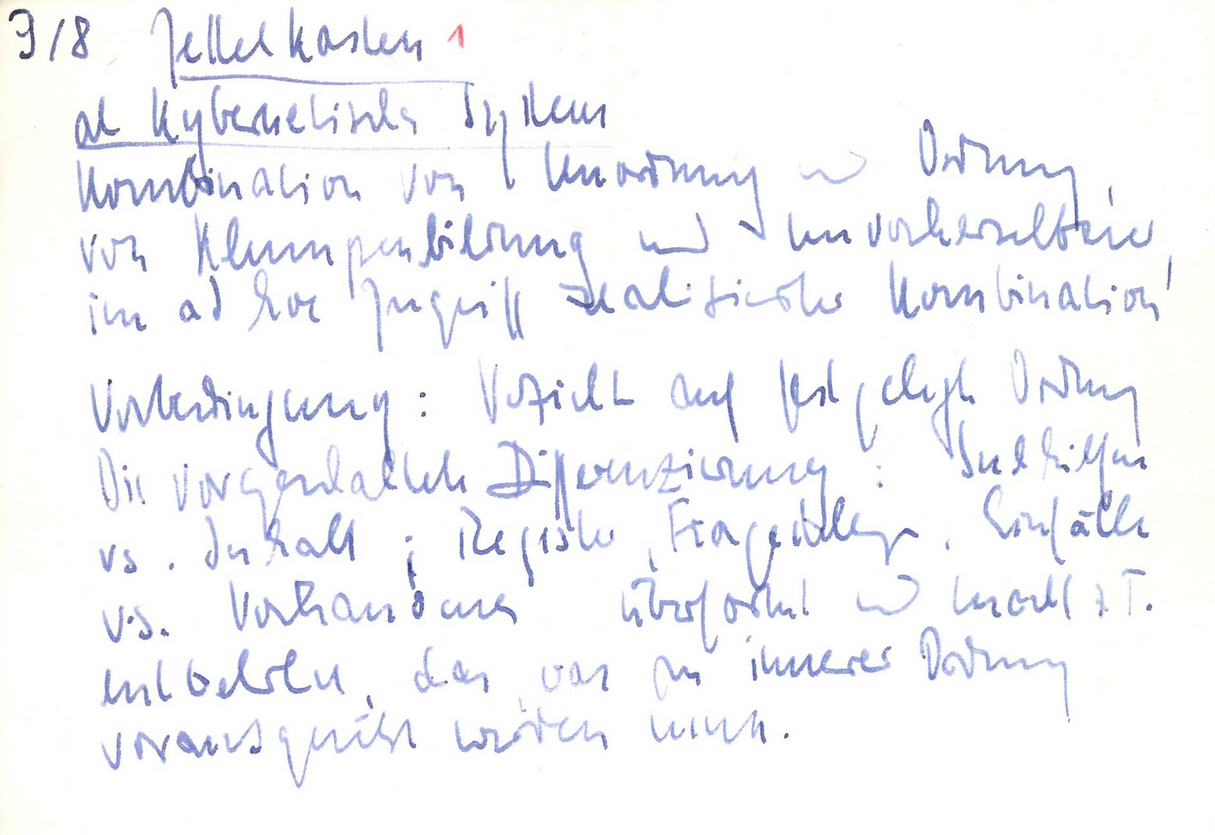
Image is a note from Niklas Luhmann on Zettelkasten: He describes his system as a cybernetic system - A Combination of disorder and order, of lump formation and unpredictable combination realized in ad hoc access. In contrast to today's digital tools, centered on the habit of creating too much order.
#Comment: Order is essentially just a choice of perceiving things from a specific perspective, nothing more or less. Being able to see order and disorder in everything requires relaxation.

